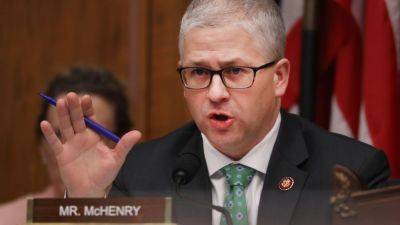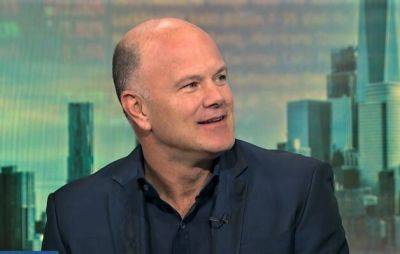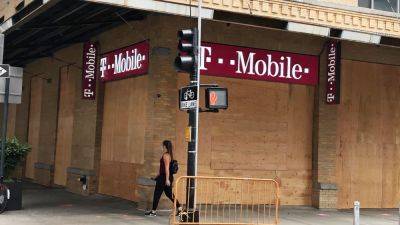As the toxic legacy of opencast mining in Wales shows, operators get the profits, and the public get the costs
W hen you’re in a hole, keep digging. This is the strategy of opencast miners across the world: our past debts and future liabilities can one day be discharged if only we’re allowed to dig a little deeper and extract a little more. And public authorities keep falling for it.
The UK’s biggest opencast coalmine, Ffos-y-Fran in south Wales, was granted permission in 2005 on the grounds that it would rehabilitate a hill, on the outskirts of Merthyr Tydfil, which had been made dangerous by the shafts and spoil heaps left by deep mining. It wasn’t called a coalmine, but a “land reclamation scheme”. If the reclaimers happened to stumble across 11m tonnes of coal while improving the land by digging a 400-hectare (1,000-acre) pit, 200 metres deep, who could blame them for taking it?
In 2007, as the works commenced, I wrote an article arguing that, as local people had pointed out, there were much simpler, quicker and more reliable ways of reclaiming the land, which did not involve ruining people’s lives by blasting, digging and trucking for 17 years, and releasing 30m tonnes of carbon dioxide from the coal extracted. But the council, under pressure from Tony Blair’s government, had bought into the story. It even allowed the miners to work without the usual protections for local people, encroaching to within 36 metres of some homes.
Never mind: after 17 years of hell, the land would be restored, using some of the money made by extracting the coal. The hole would be filled and the hill rebuilt. The mining company, originally Miller Argent, now Merthyr (South Wales) Ltd, would deposit the reclamation money in an escrow account held by the council. But in 2014, the Welsh government warned that only £15m had been deposited in this
Read more on theguardian.com

 theguardian.com
theguardian.com











